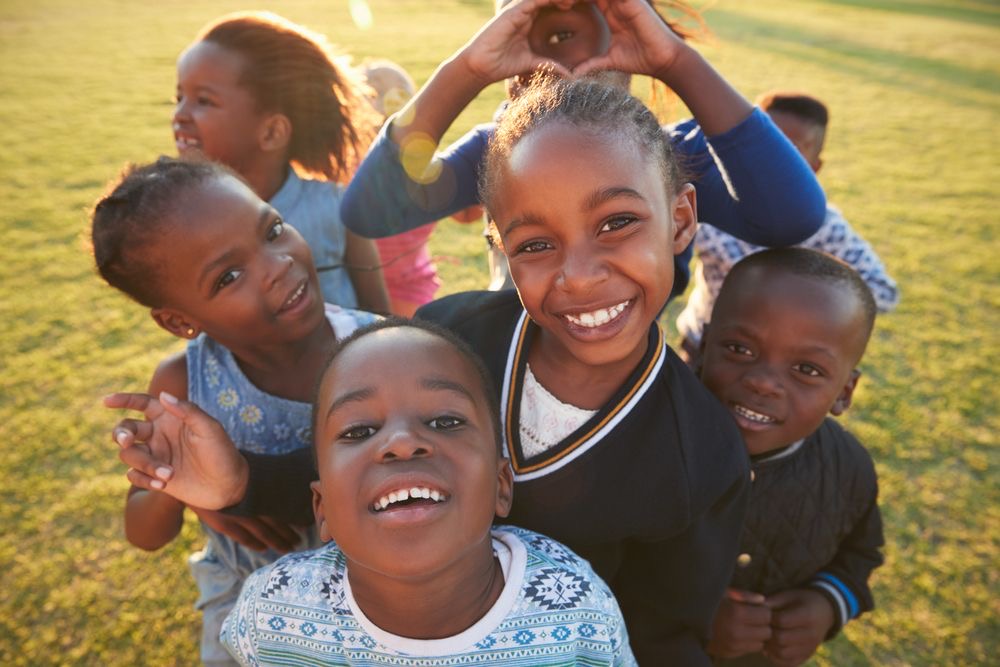Multilateralism after COVID-19: a necessity, not a choice
The current global crisis must not be a temptation to turn inwards; rather, it must be an opportunity to join forces and rebuild the world we want – starting with multilateral cooperation that defends global common goods
The COVID-19 pandemic is “the most challenging crisis we have faced since the Second World War”, according to United Nations secretary-general António Guterres. As the virus spread across the globe, the health crisis became a systemic crisis, affecting all aspects of our societies. In response, UNESCO put in place a wide range of solutions, in record time and in all the areas covered by our mandate.
First, the crisis closed schools and universities in more than 190 countries, preventing 1.5 billion learners from attending. Schools are not only essential for education; they also play a key role in nutrition and personal development – and not all young people are equal in this respect. In distance learning, for instance, 826 million youth lack access to a computer or the internet. Digital technologies therefore risk widening existing inequalities, by creating two classes of students – those with, and those without.
This is why UNESCO launched the Global Education Coalition, bringing together more than 140 partners from the public and private sectors to develop distance learning solutions in response to needs in the field. In more than 80 countries, we worked to improve access to digital technologies, train teachers, and develop learning via radio and television, without losing sight of our focus on girls’ education.
However, the education crisis, like the health crisis, is far from over. The economic recession alone will likely lead to a $210 billion drop in public spending on education in 2020. The G20’s action for education, which UNESCO supports, is therefore essential for an entire generation.
We cannot let the current crisis affect the progress we have worked so hard to achieve in recent decades. We cannot leave behind the many girls who risk never returning to school. Nor can we let unequal access to information widen existing gaps between genders, social classes and countries. It is up to us to ensure that this generation of children is not sacrificed.
Threats to the cultural sector
Economic uncertainty and social vulnerability also threaten those who make a living through culture. According to the International Labour Organization, 5.4% of the economically active population worked in this sector in 2015 – and this figure is likely to be even higher today.
Let us be clear: without culture, there will be no recovery. From the economic, social and anthropological perspectives, culture is essential, because it creates meaning and builds brighter futures.
But in today’s interconnected world, there will also be no recovery without concerted action. This means working together at the local, national, regional and international levels. It means working with artists and cultural professionals to ensure that transformations affecting the sector – including the new role played by digital giants – take place for, rather than against, artists.
UNESCO has begun preparing for this recovery, by organising ResiliArt debates around the world. These debates aim to develop innovative solutions that address real needs, building on the experience of UNESCO’s 246 Creative Cities. There have already been 163 debates in 64 countries with the aim of supporting the cultural sector after COVID-19.
This pandemic is also a reminder of the importance of investing in research. As the past months have shown, we can achieve real results when we have the right resources, free-flowing information and rigorous scientific protocols. Never before have we discovered so much about a virus in so little time.
Indeed, collective intelligence can achieve great things, when it has the resources to do so. This is one of the lessons we must learn if we are to rise to the challenges of climate change and biodiversity collapse. To address these issues, and the pandemic, scientific cooperation is our best chance.
This is why UNESCO and its 193 member states are currently working on the Recommendation on Open Science, to support scientific cooperation and facilitate access to the results of research.
Finally, the pandemic has underlined our need for shared ethical principles. The creation of contact tracing and monitoring applications has strengthened UNESCO’s determination to develop the first global standard-setting instrument on the ethics of artificial intelligence.
This crisis must not be a temptation to turn inwards. It must be an opportunity to join forces and rebuild the world we want. UNESCO and the G20 share this vision for multilateral cooperation, which is now a necessity, not a choice.
Twelve years ago, G20 leaders showed that they were able to respond effectively to crises by developing concerted solutions. They now have a second chance to reaffirm this role, by defending global common goods – education, culture, science and communication and information.












